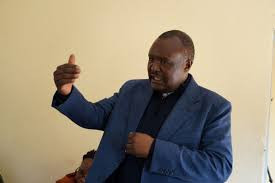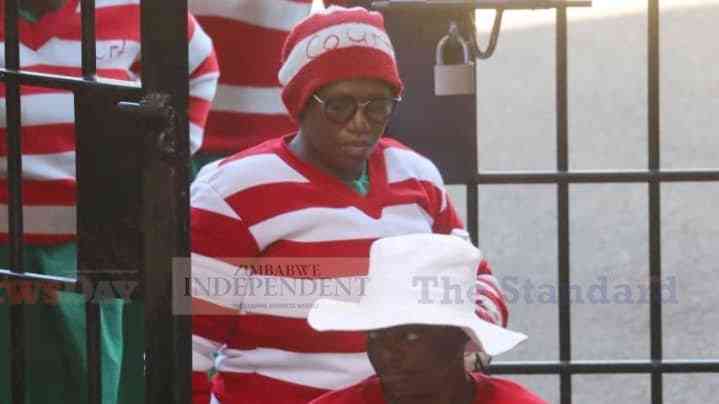
BY Kennedy Nyavaya
Multi-award winning chanter Winky D’s latest album titled Njema has, after its official release on New Year’s Eve, come under the spotlight owing to lyrics that some have branded partisan and feeding into the nation’s political polarity.
The 13-track album, which came after incessant calls from his fan base for an album towards the end of 2019, arrives at a time more of the Gombwe singer’s music has courted controversy in political circles in the recent past.
This has landed the artiste and his camp in trouble after he was supposedly pursued by state security agents and attacked by thugs allegedly linked to the ruling Zanu PF last year.
It is also believed to have been the reason they were summoned by the police a day before the album launch under unclear circumstances.
However, speaking in a wide-ranging interview recently, Winky D’s manager Jonathan Banda rebutted their music’s alignment to national politics as an artificial misconception of their music centred on social commentary and everyday life.
“Winky D is one artiste who has never been aligned or seen with a political figure or at rallies, but sometimes there are misinterpretations and actions around our music,” said Banda.
“We remain on record saying there are no political messages in our music, unless if there is anything called social politics, then we are guilty.”
- Chamisa under fire over US$120K donation
- Mavhunga puts DeMbare into Chibuku quarterfinals
- Pension funds bet on Cabora Bassa oilfields
- Councils defy govt fire tender directive
Keep Reading
In the latest offering produced by Jusa Dementor, Oskid, Nikky and Layaan, the musician niftily explores themes of poverty, love, vice and wickedness in relation to every day local life.
According to Banda, who described Njema as a “reality album”, the lyrics bear no political undertones, but sincere social commentary meant to inspire self-esteem within society.
“If there are social issues that we are raising our voices around, we are trying to foster confidence to say that people can get over them, it is just an artistic expression,” Banda explained, adding that it was up to the listening ear to deduce the intended message.
“Our challenge is like that of poets who cannot go around explaining the meaning of their work of art, so we are just victims of our music being taken out of context, but it’s always social commentary when we do our work.”











